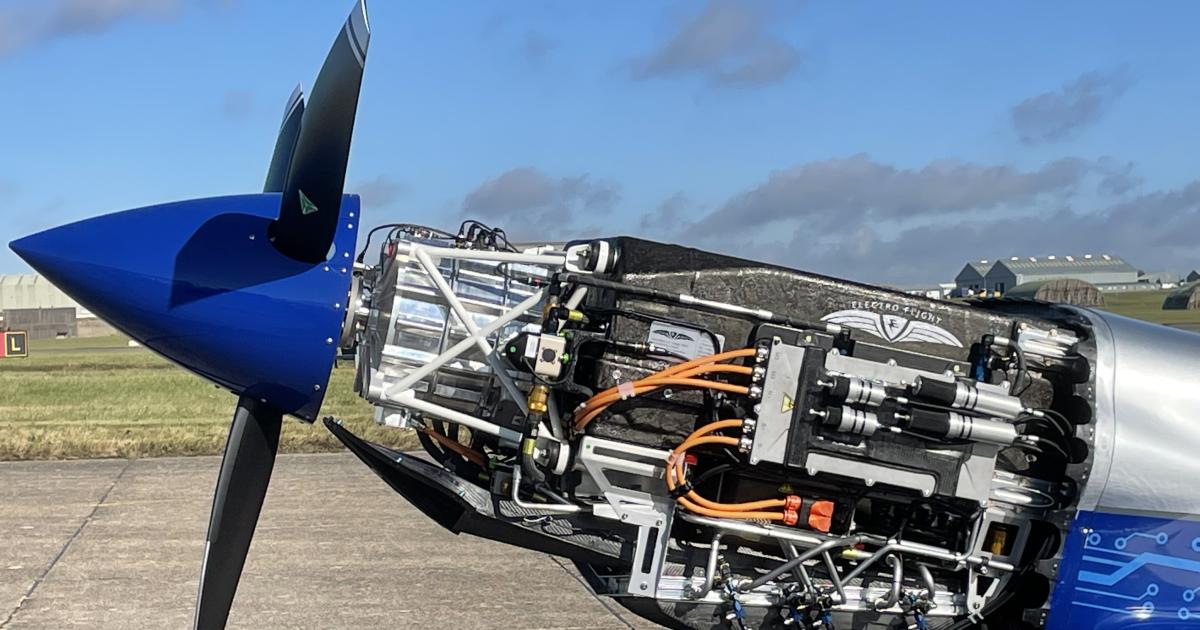Rolls-Royce-led ACCEL Team Closes in on Electric Aircraft World Speed Record
The Spirit of Innovation aircraft is an NXT Next kitplane fitted with electric motors, inverters and 1,200 battery cells that Rolls-Royce says has the highest power density yet assembled for aviation at 72 kW/hr.

